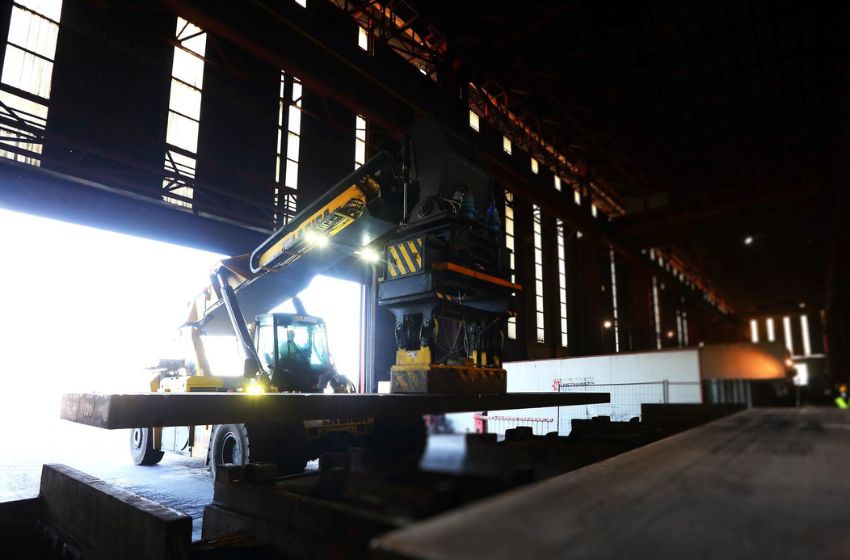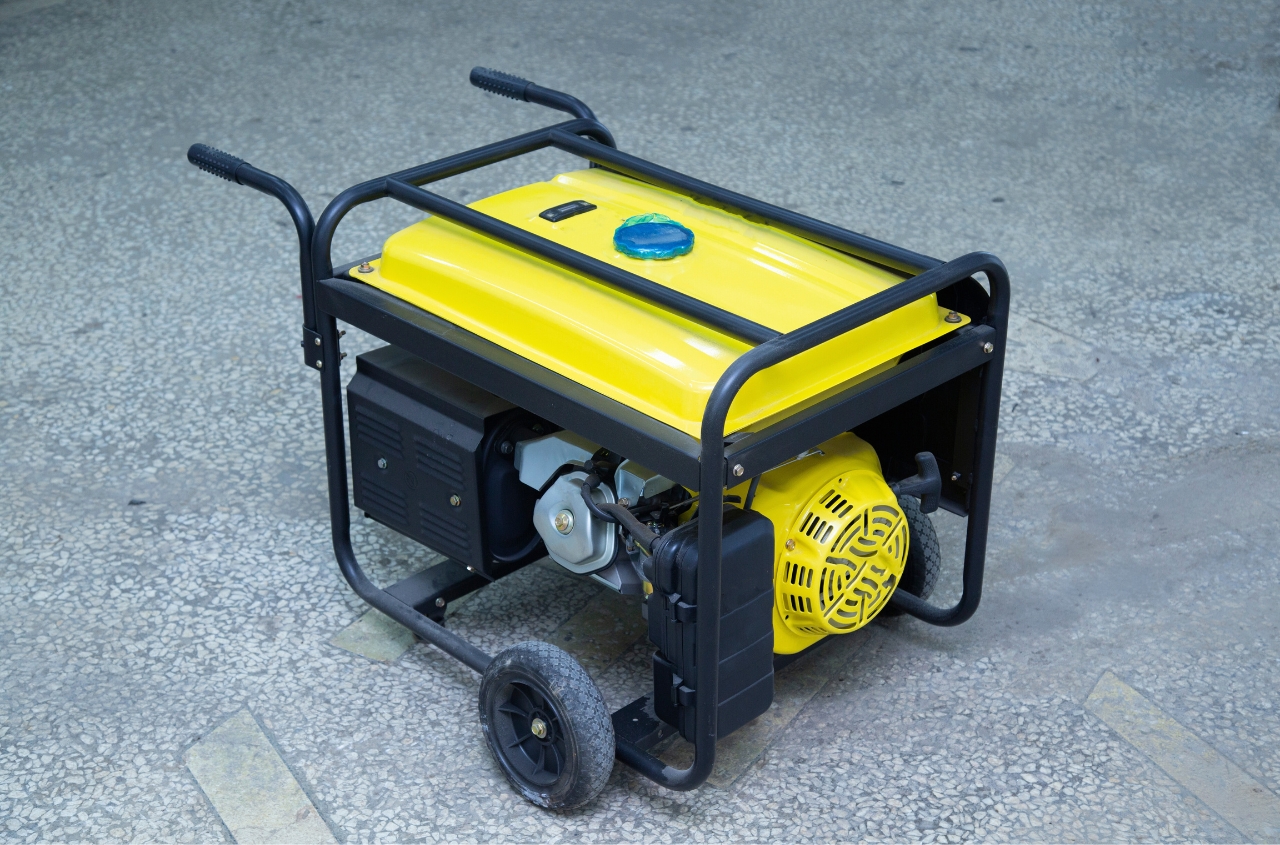The total volume of exports through Polish ports decreased by 1% due to infrastructure unpreparedness: the country lacks capacities for cargo processing both at the border and in the ports, and the infrastructure itself is designed for imports, not exports.
Commercial Director of Metinvest, Dmitry Nikolaenko, discussed this in an interview with the leading Polish business publication WNP.PL.
"Poland could have received 70 million tons of exports per year that Ukrainian ports lost due to the war. But the total volume of exports through Polish ports did not increase, and even decreased by 1% due to infrastructure unpreparedness: there is a lack of capacities for cargo processing both at the border and in the ports, and the infrastructure itself is designed for imports, not exports," explained Nikolaenko.
He mentioned that due to the blockade of the Black and Azov Seas, the Metinvest company started looking for new transportation methods for exports, but alternative routes are currently very challenging.
"There are two routes now. The first is to the northern ports of Poland, and the second is to the southern ports of Romania. Croatian ports can also be used, but their capacity is much weaker than that of ports in Ukraine, and all logistical issues become much more complex," said Nikolaenko.
He explains that Ukraine has a broad railway track gauge, while Europe has a narrow one. This affects not only transshipment but also the storage of products. Moreover, when cargoes like pellets or iron ore concentrate are transshipped using grabbers, impurities can get into the product, and cleaning is an expensive process. Because of this, in 2022 alone, the Metinvest company lost over 19 million dollars, according to Nikolaenko.
"The route through Poland poses serious logistical difficulties for us. Last winter, warehouse facilities in Polish ports were filled with coal, and it was impossible to load our products. There are also problems with the speed of goods movement - it is twice as slow as what we are used to in Ukraine," he emphasized.
Earlier, Poland called on the EU to help increase the capacity of ports to boost the supply of Ukrainian grain through the Baltic Sea.





















